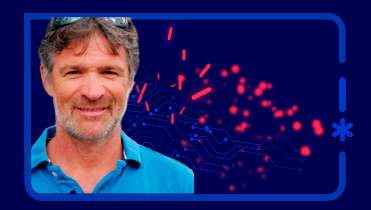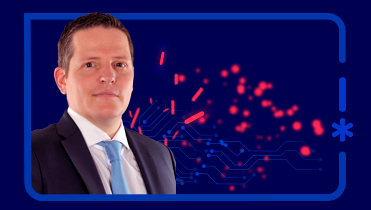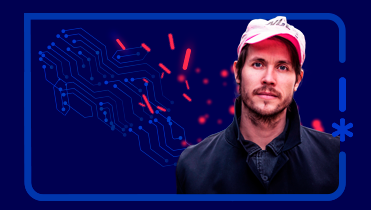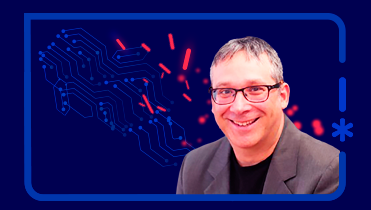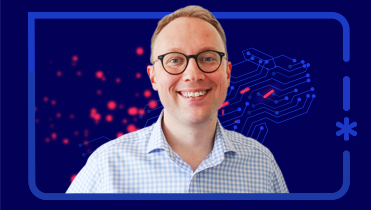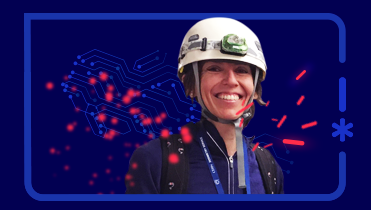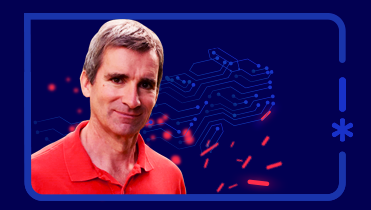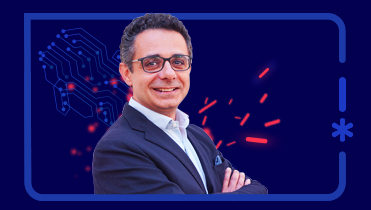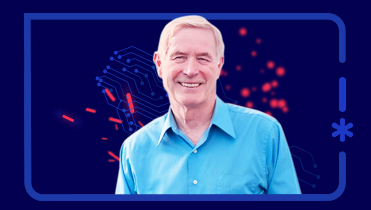Ziogas, Nick
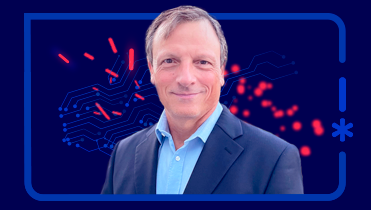
Nick Ziogas is responsible for Digital Science Applications within CERN’s Knowledge Transfer Group (KT). He has been in this role since 2012. The Knowledge Transfer group’s main mission is to disseminate CERN’s expertise and innovative technologies outside the lab, in priority to the Member State Industry, and thus create societal impact. This mission includes engaging industry in common projects, the management of CERN’s intellectual property (IP) and definition of policies relating to the IP. In the nine years that he has worked with KT, Nick has been at the origin of many exciting, diverse, and often complex projects, which gives him a broad perspective of the challenges involved. Nick holds a BSc is Physics from Imperial College and an MSc in Computer Science from UCL, London.
